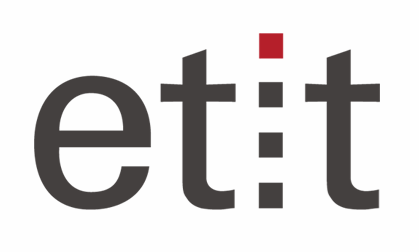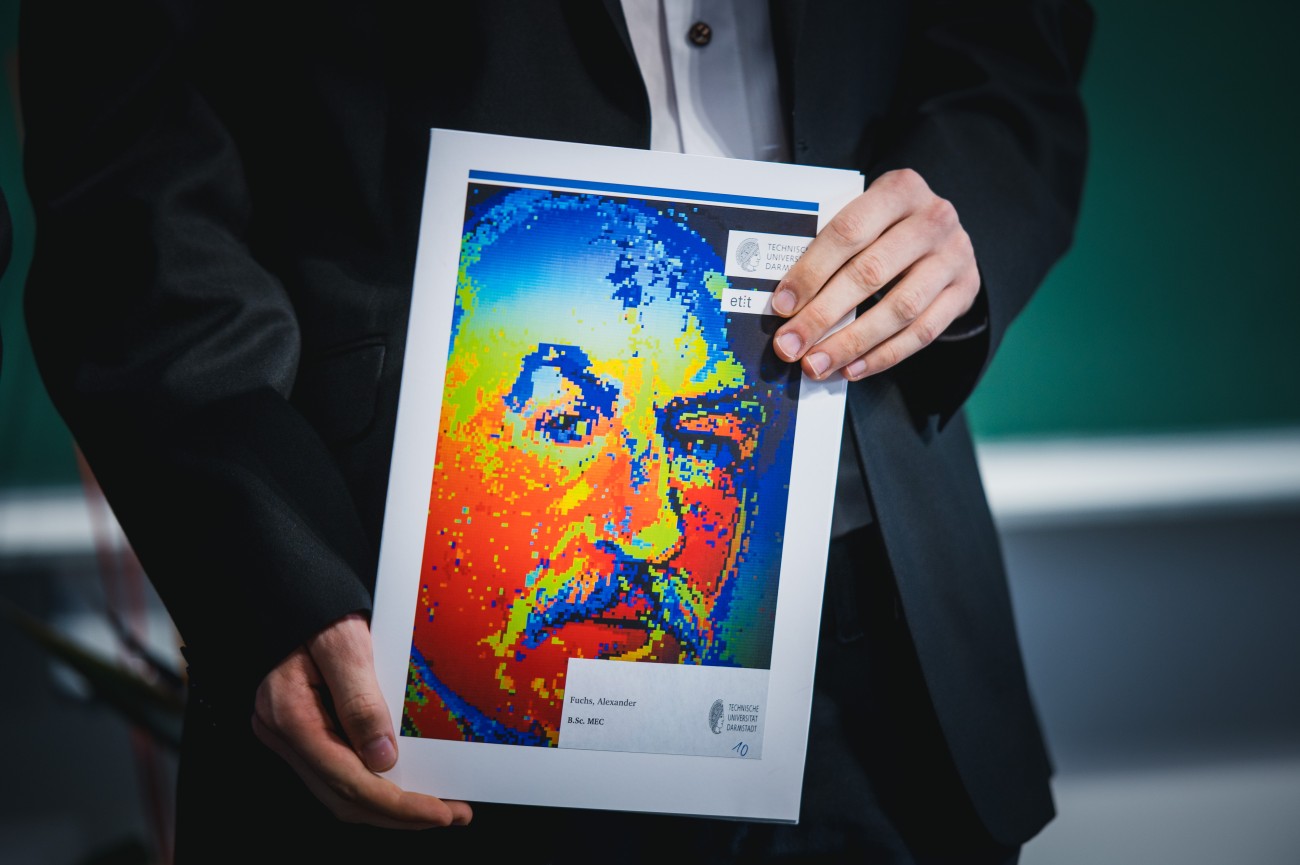Predicting times of presence at delivery addresses using machine learning/ deep learning
Machine Learning, Artificial Intelligence
Arbeitstyp nach Absprache, Masterarbeit, Proseminar, Studienarbeit, Bachelorarbeit
Parcel services oftentimes face the problem of failing delivery attempts due to absent costumers at the delivery address. This thesis aims to predict delivery time frames for delivery services to ensure a successful delivery. The thesis is in collaboration with the startup Green Convenience (GC).
The background of this thesis is an experimental method for automatic and data protective determination of times of presence at the delivery address to optimize delivery. A part of the method is data processing using artificial intelligence (AI)/ machine learning (ML). The method is currently in preparation for a patent, therefore, further details will follow after signing a non-disclosure agreement (NDA).
Goals
The goal is to push the development of an algorithm for the AI/ML part of the method for the completion of a patentable minimum viable product (MVP).
The algorithm should:
- predict the core-times of presence at a certain address for the next days from monday to saturday, 8am to 9pm.
- analyse habits of the recipient for generating personalized results.
- work with multiple defining features, which have to be extendable.
- have a high accuracy while maintaining a low energy consumption.
Approach
For the prediction of times of presence multiple methods from ML come to mind. These include for example, time-series models like hidden Markov models (HMMs)/ auto-regressive models, other Bayesian models such as Gaussian processes (GPs) but also deep learning models. Here, for example for feature extraction a (variational) auto encoder could be used. To train the model, training data has to be obtained both by simulating a synthetic environment and by using open-source data.
Organisation and Compensation
The supervision is provided by the BCS Lab at TU Darmstadt under leadership of Prof. Köppl. The startup Green Convenience provides further detailed information after the student has signed an NDA and brings expertise in software development and conception to the project. For this, results will be exchanged in regular meetings or conference calls.
Home office is completely accepted. If needed, GC is providing the student an office space in the House of Logistics & Mobility Startup Lab, Bessie-Coleman-Strasse 7, 60549 Frankfurt am Main.
For compensation the student is receiving a profit sharing option from Green Convenience of 10 % of the commercial profit in the first three years after submitting the thesis of maximum 250,000.00 EUR.



